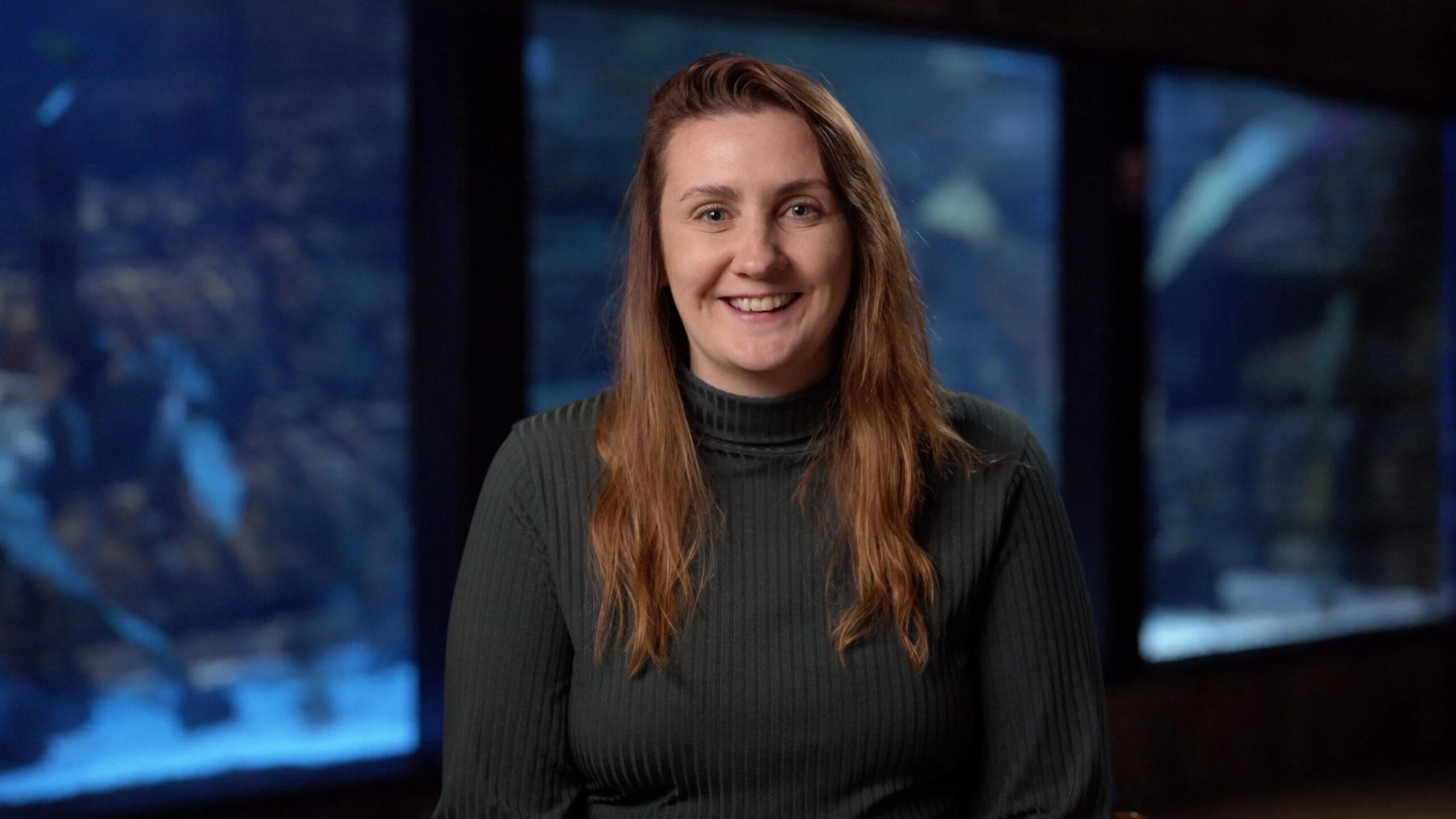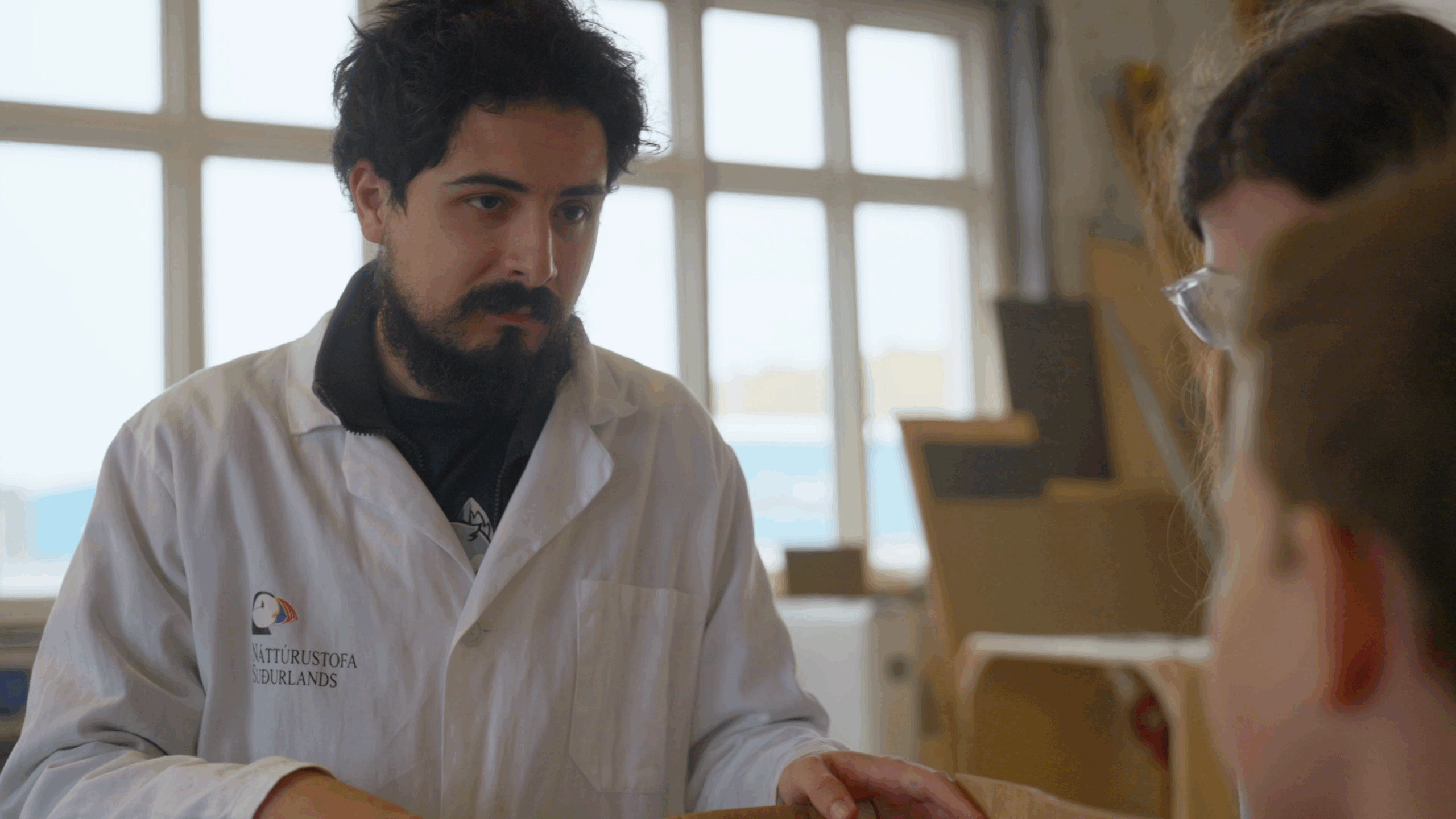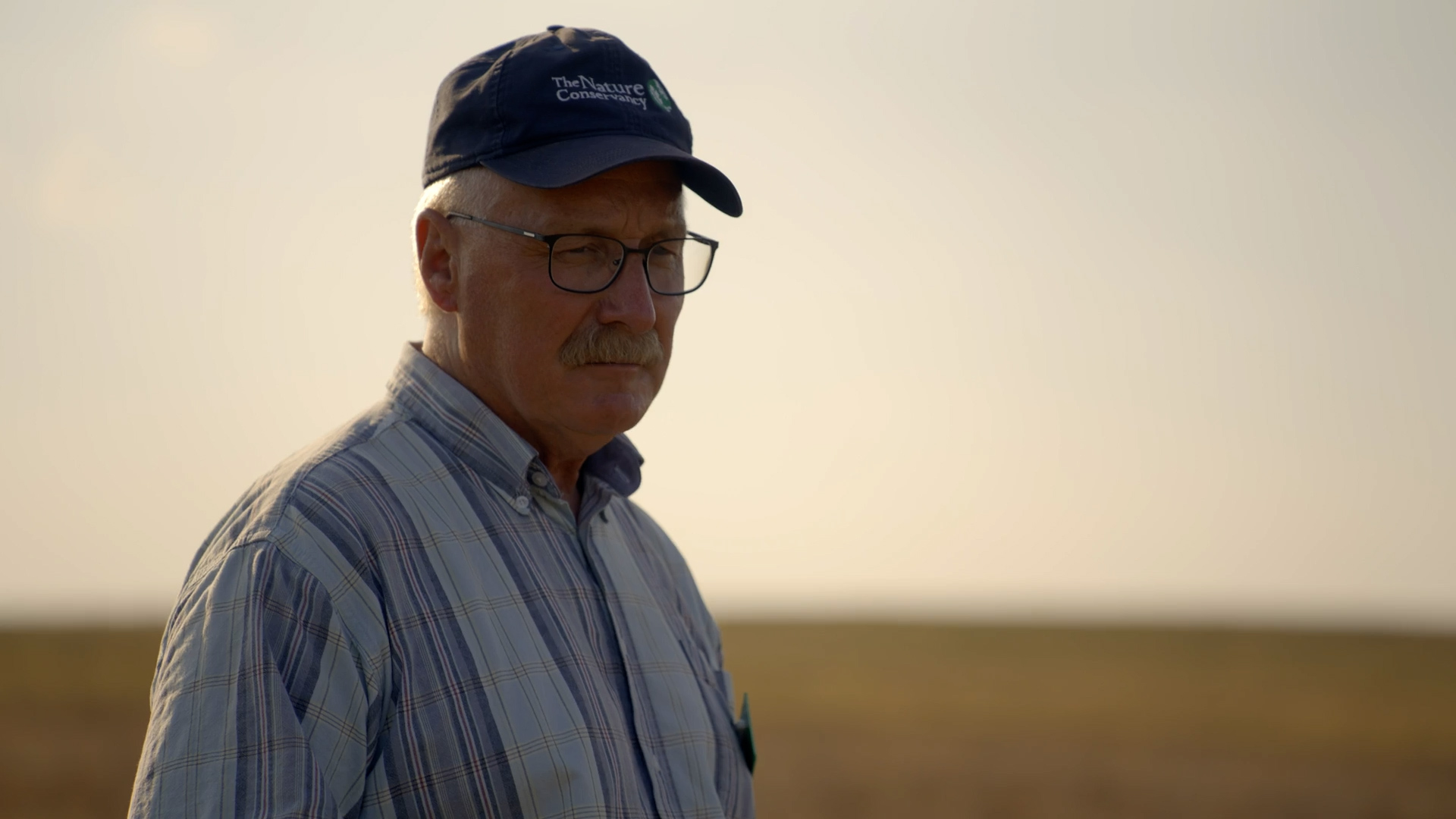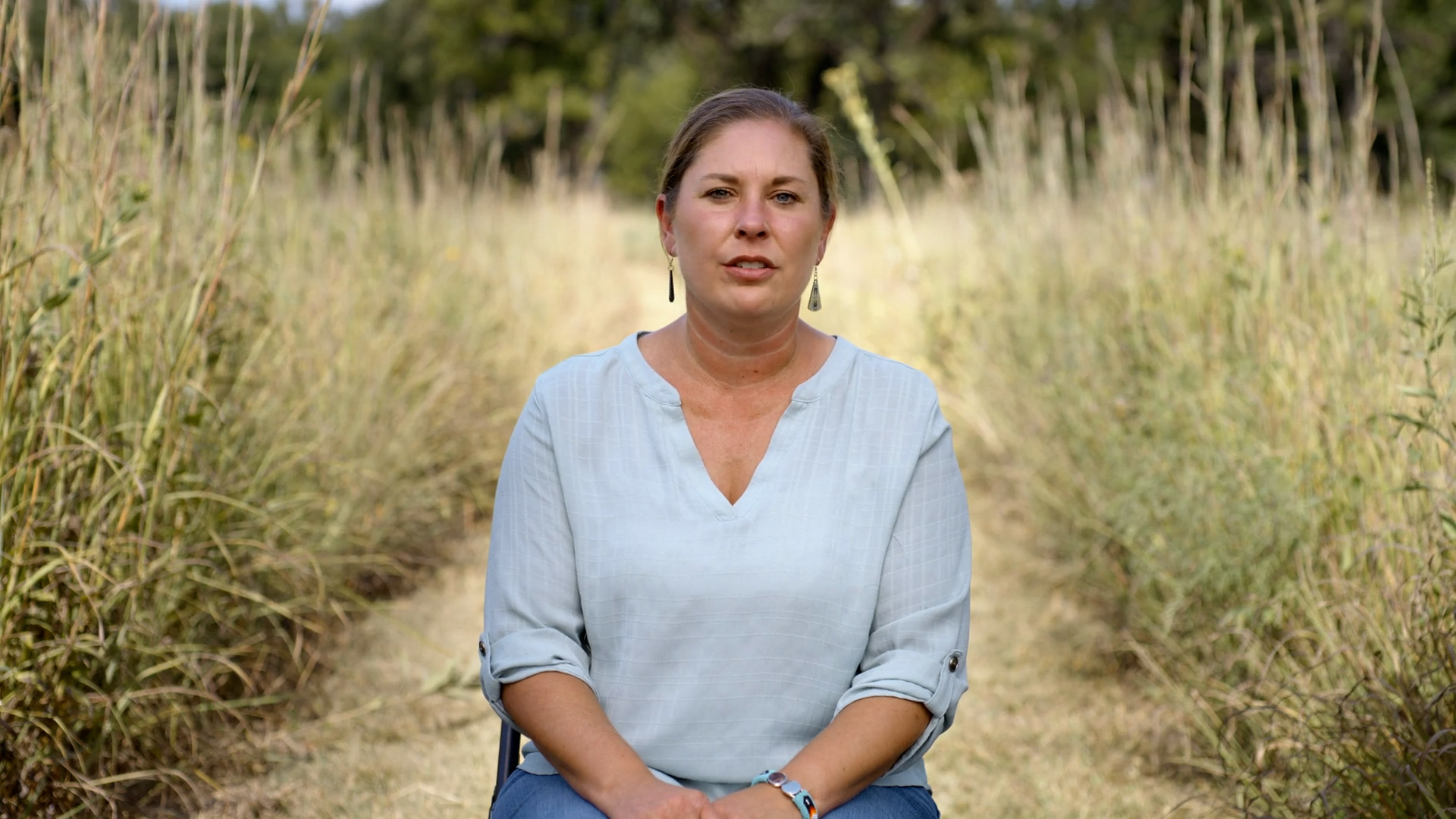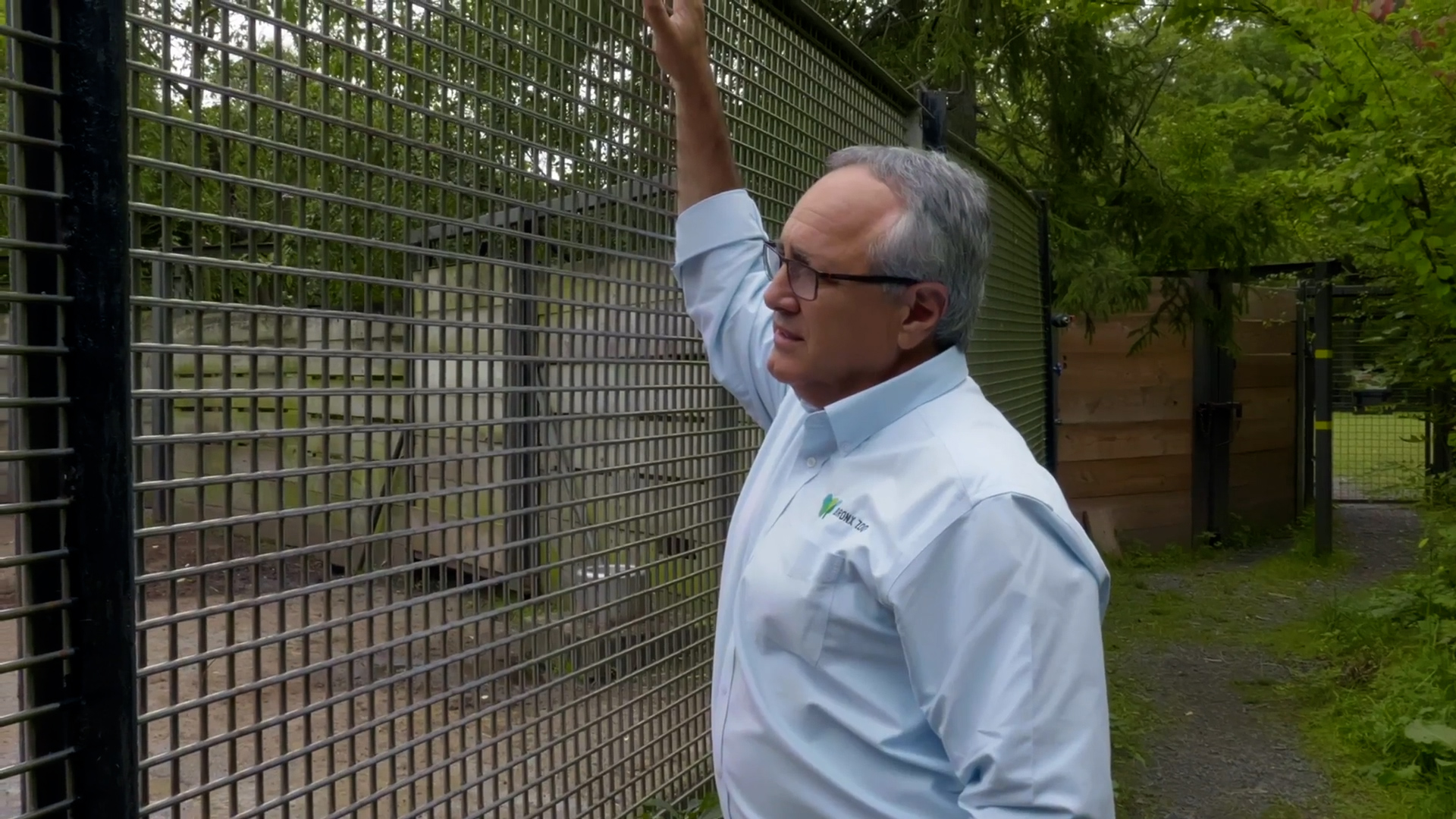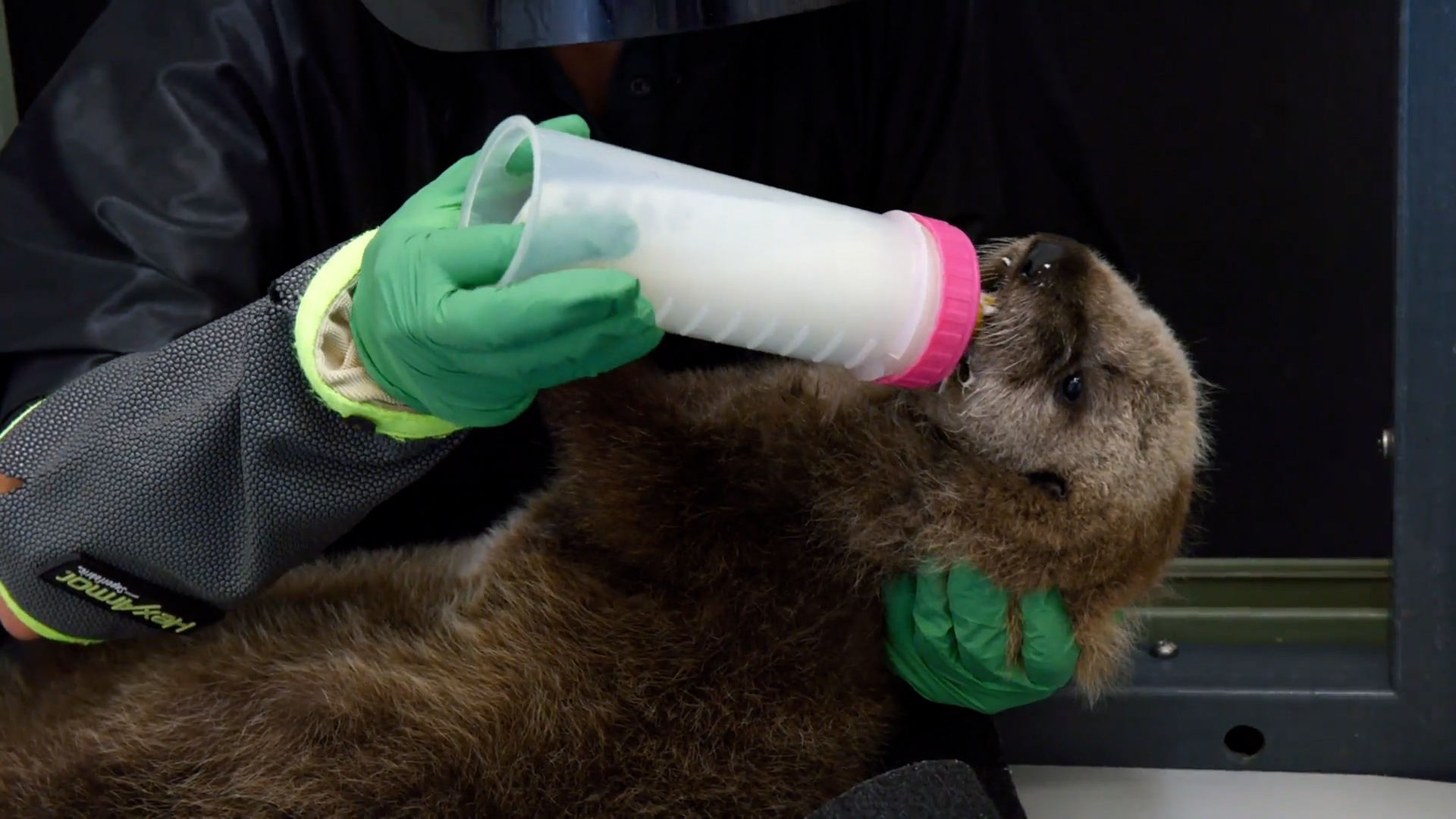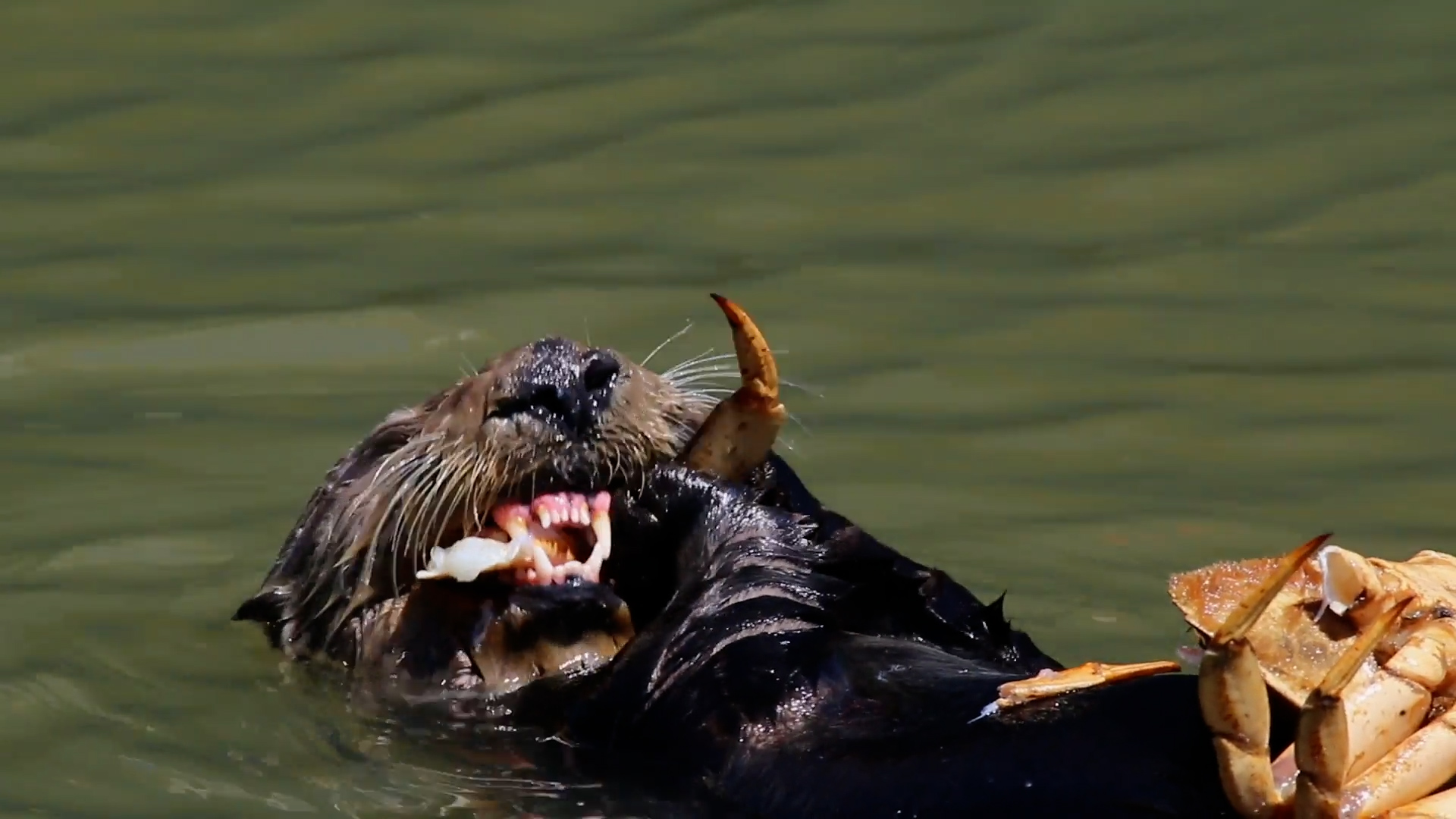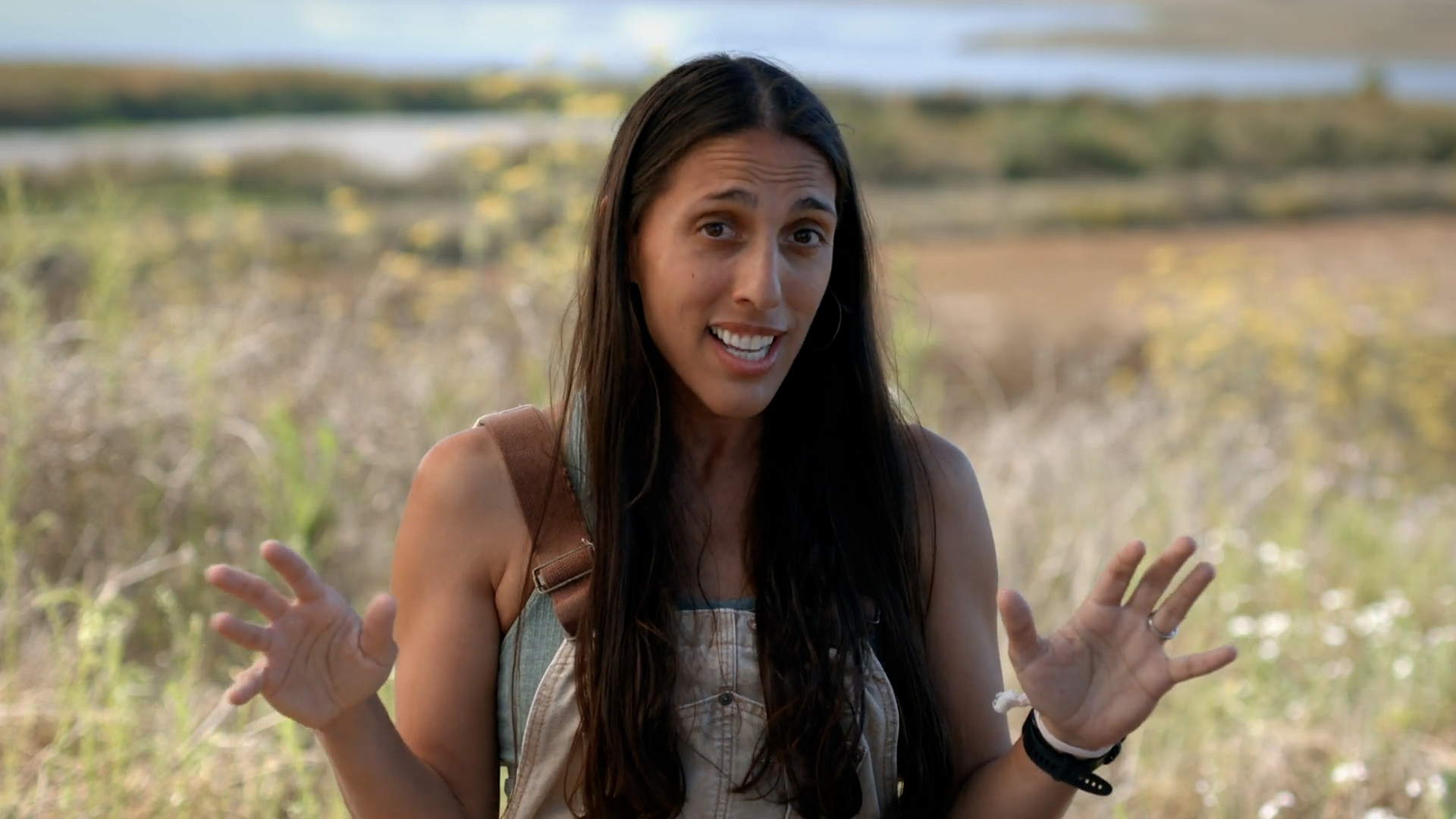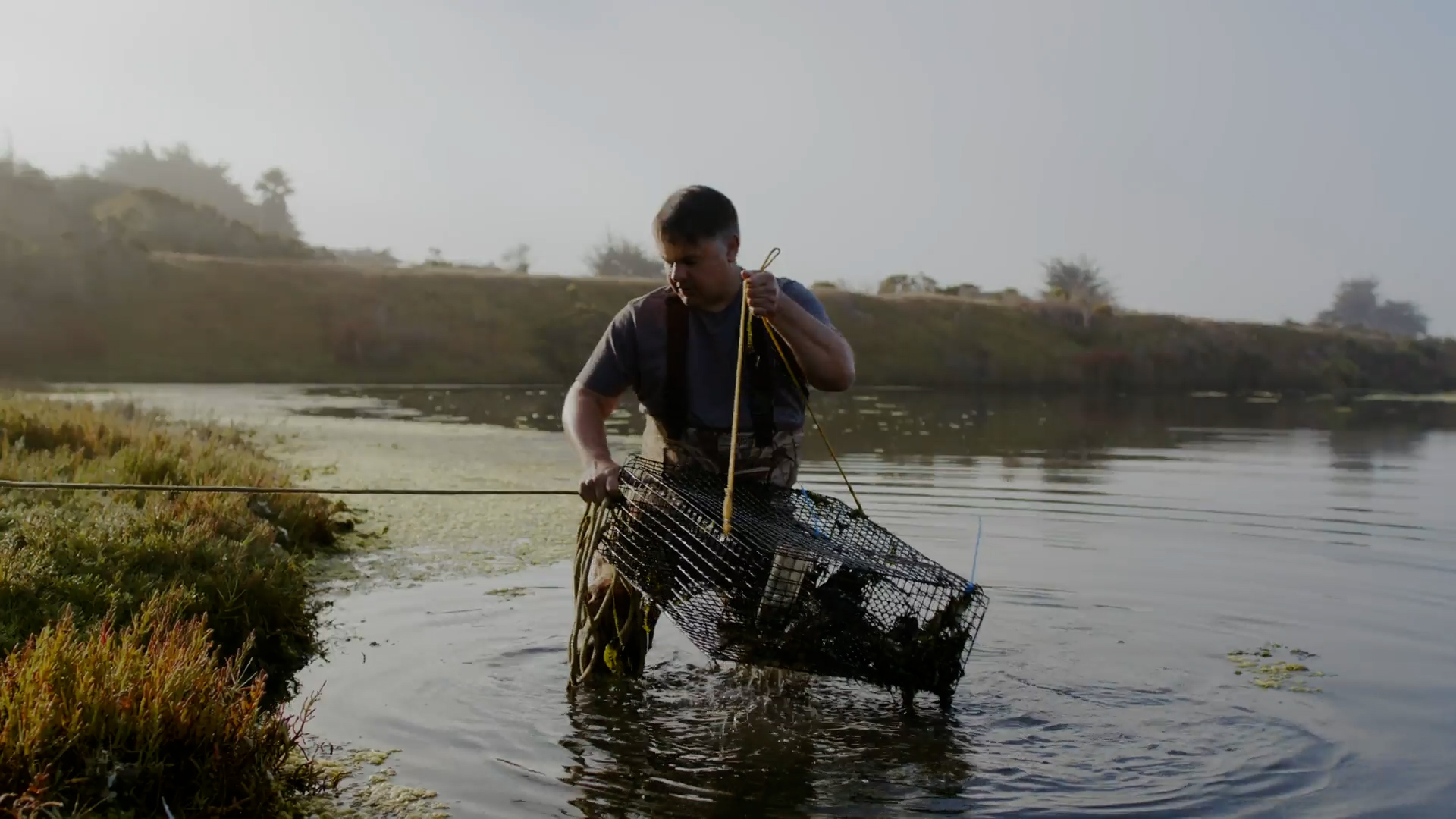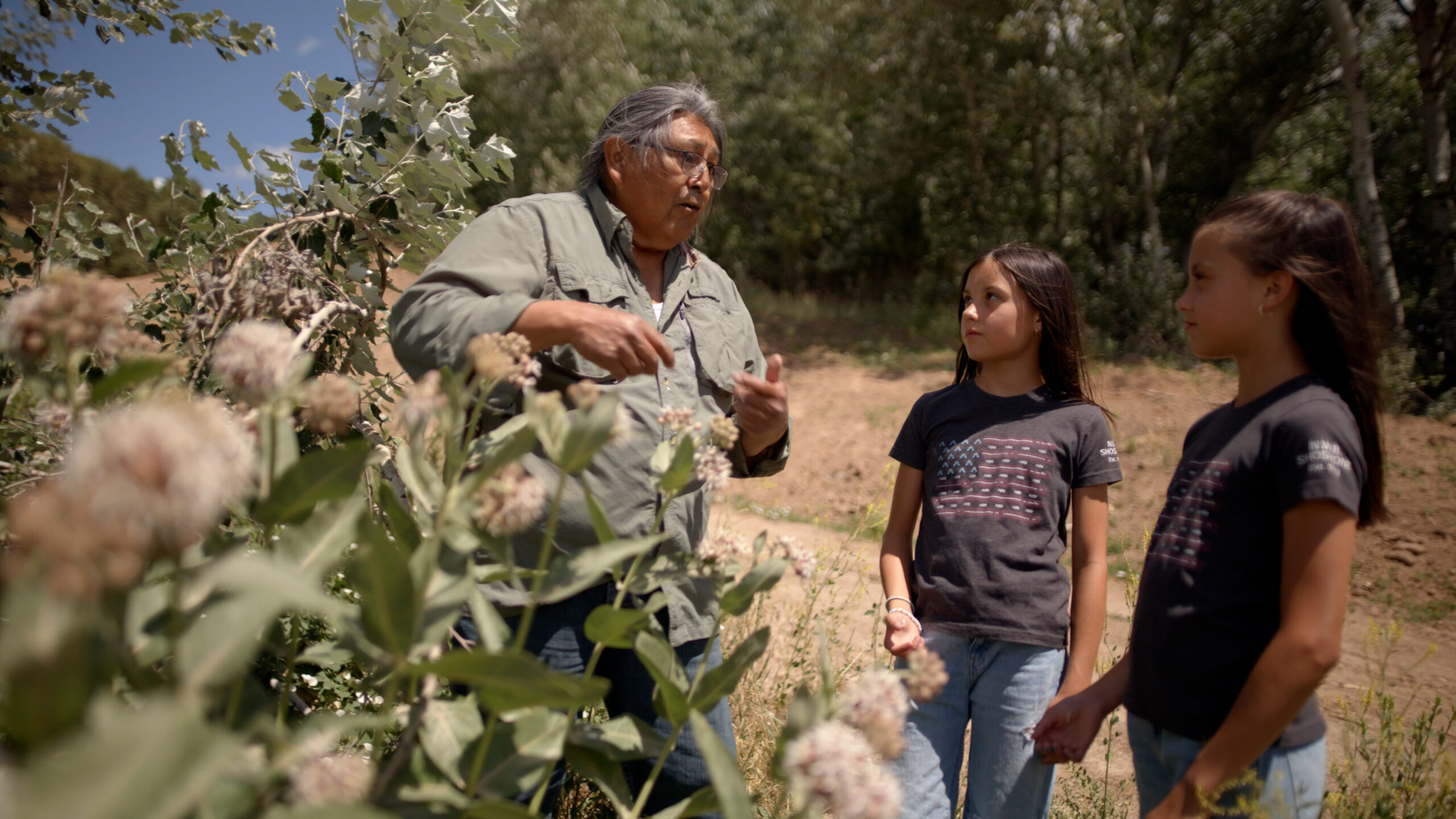Archives: Profiles
-
Kim Cupples
Kim Cupples rescues and rehabilitates puffins at THE SEA LIFE TRUST Beluga Whale Sanctuary.
-
Lucas Canas
Lucas Canas is a research assistant at the South Iceland Nature Research Center, where he studies local seabird colonies on the Westman Islands. His work includes sampling and banding pufflings from the largest Atlantic puffin nesting colony in the world. Lucas has previously studied seabird populations in the Canary Islands and the Azores. He holds…
-
Bob Hamilton
Bob Hamilton is the Director of the Tallgrass Initiative for The Nature Conservancy in Oklahoma.
-
Jann Hayman
Jann Hayman is the secretary of natural resources for the Osage Nation.
-
Pat Thomas
Pat Thomas was vice president and general curator for the WCS and the associate director of the Bronx Zoo.
-
Wildlife Rehabilitation
Wildlife rehabilitation is the process of nursing sick, injured, and orphaned wildlife back to health so that they can be returned to the wild.
-
Trophic Cascade
When removing a top predator from an ecosystem causes a domino effect down the entire food chain, it's called a trophic cascade.
-
Kathryn M. Beheshti
Dr. Kathryn Beheshti is an assistant researcher at the University of California, Santa Barbara’s Marine Science Institute. Kat is a coastal marine ecologist that specializes in restoration ecology of salt marsh, seagrass, and kelp habitats.
-
Brent Hughes
Brent is a marine ecologist and conservation biologist with Sonoma State University. Research in his lab seeks to determine the processes that affect the stability of coastal ecosystems.
-
Biocultural Restoration
Biocultural restoration is the practice of revitalizing both ecological systems and the cultures of communities connected to those ecosystems.
